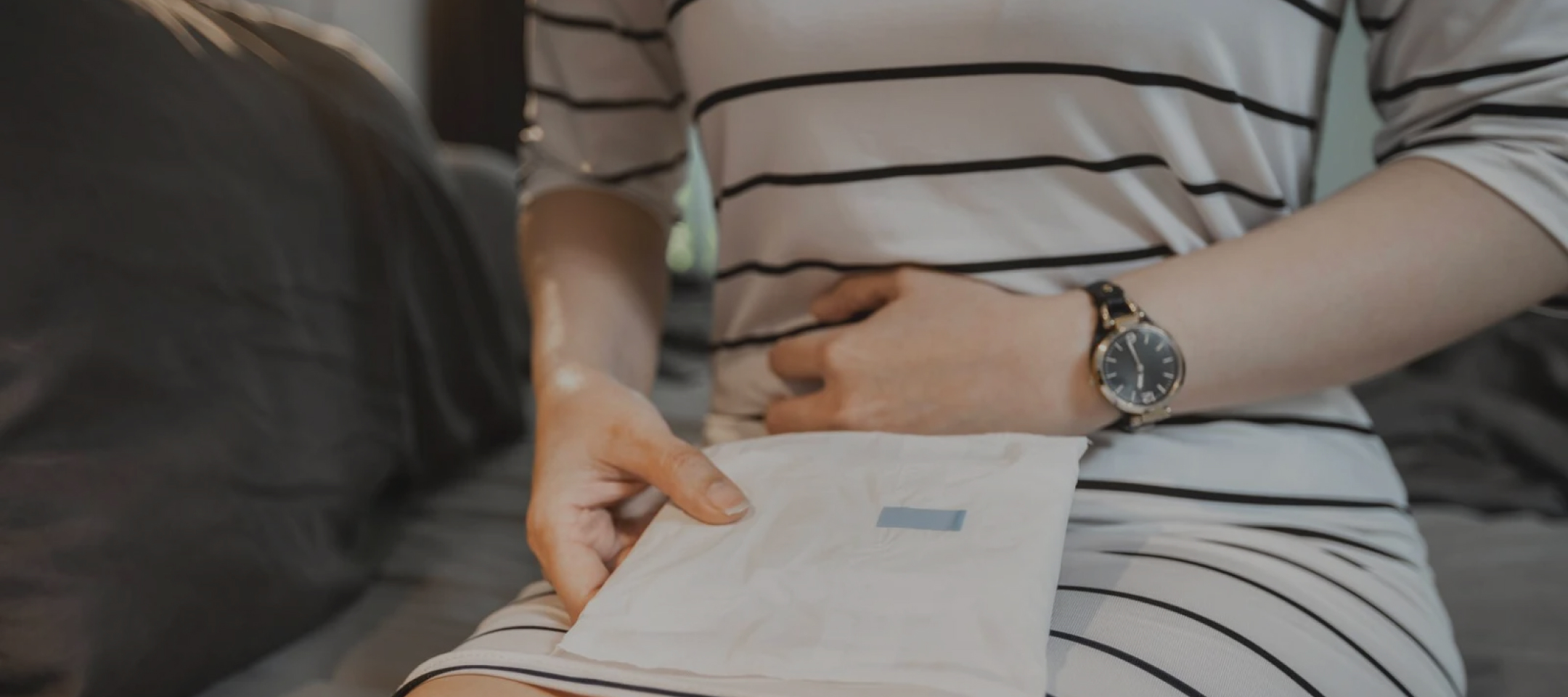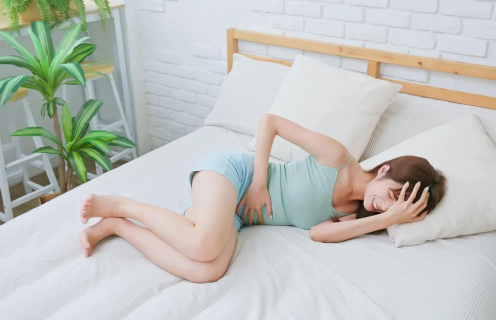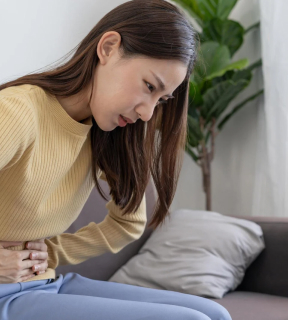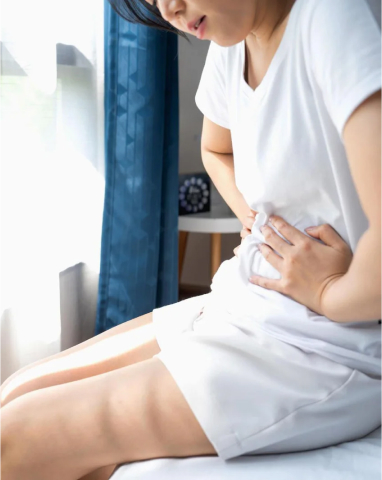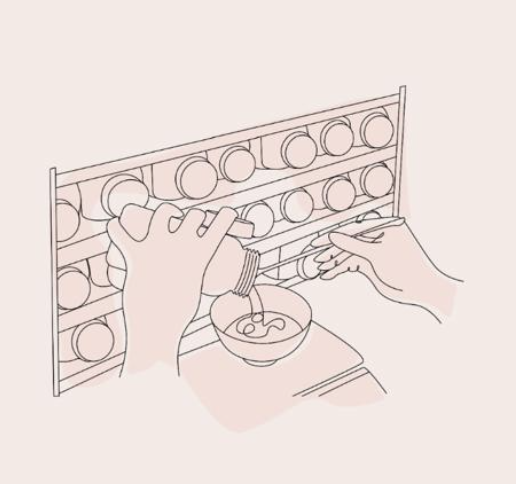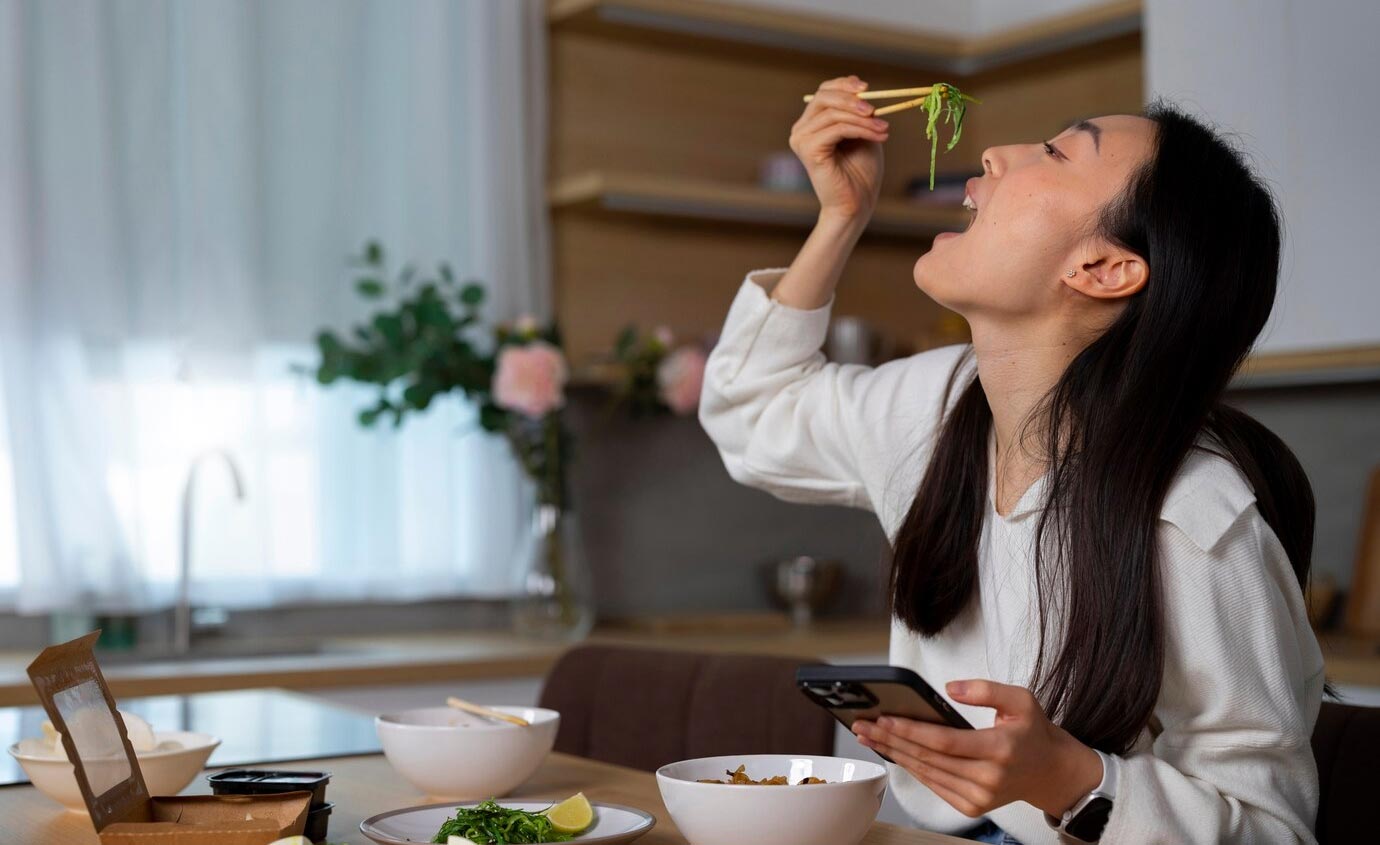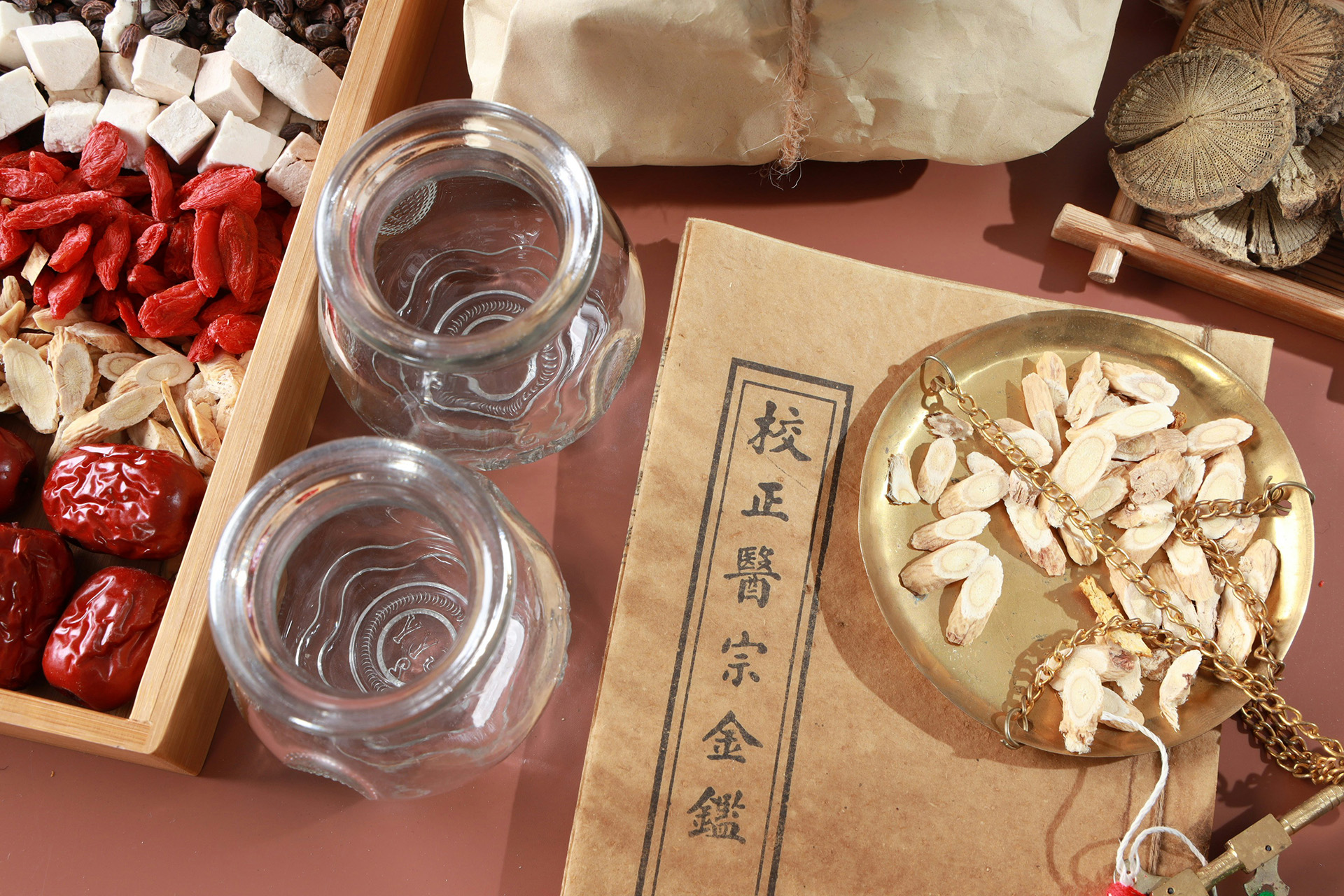Respiratory System
Helps alleviate respiratory infections, common colds [1], sinus issues [2], coughs, and chronic bronchitis by reducing inflammation and supporting easier breathing.
Digestive Health
Balances gut microbiota [3][4] and relieves acid reflux, chronic diarrhea, constipation, chronic gastritis, stomach ulcers [5], and IBS [6], promoting overall digestive wellness.
Skin Conditions
Provides relief for acne, eczema [7], and hives while antioxidant and hydrating properties prevent skin dryness and wrinkles, enhancing skin vitality.


